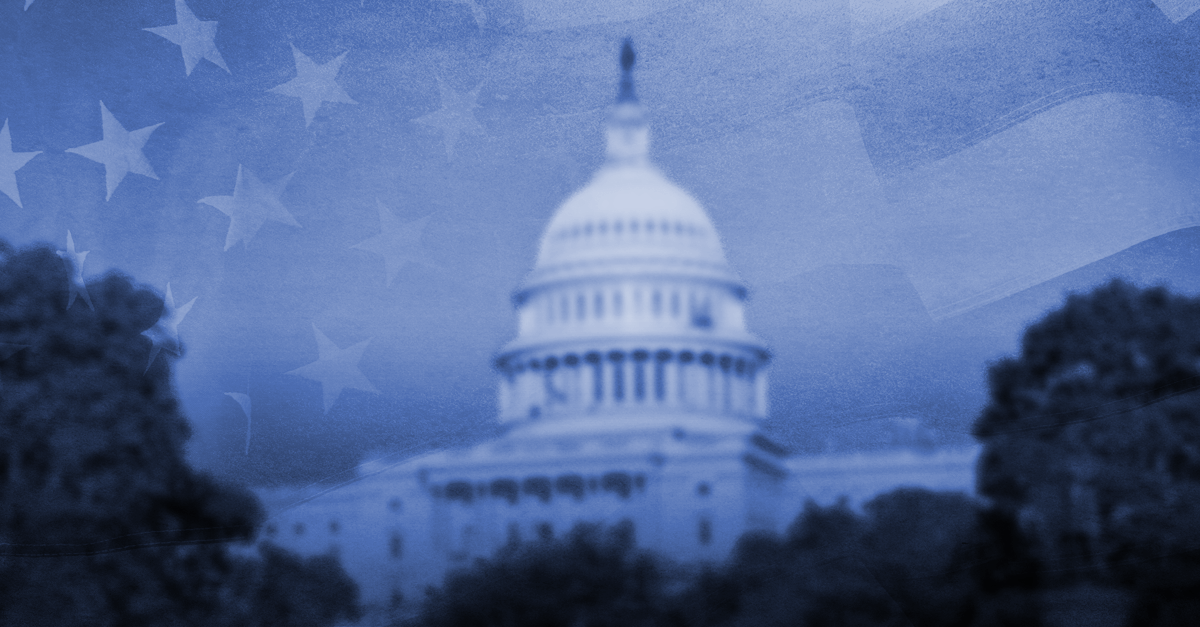Obama, Millennials, and the 2008 Election

In 2008, a multitude of young people (millennials) became actively engaged in the presidential election. Barack Obama leveraged the incredible power of social media to reach out directly to the voters and this in turn started trends like the micro campaign donations that played a part in funding his campaign. More importantly than the funding of the campaign itself, those micro donations signaled that people — the millennial generation in particular — felt connected and empowered.
Much research has been done regarding the millennial generation. A recurring theme in this research is that many millennials are cynical when it comes to politics. Experts argue over the exact causes of this cynicism and discuss factors like corrupted politicians, the ineffectiveness of “the bureaucracy,” and the often ugly and uncivil debates between the “left” and the “right.” While most millennials care about the issues of the day, including injustices that affect people across the globe, many of them are disillusioned with politics and don’t believe that voting makes a difference.
Barack Obama tapped into the human desire to make a difference. His campaign was built on the idea that individuals can change things and this made people feel empowered, thus becoming self-fulfilling in his election as president. Individuals do matter on every level of government, from the local school board to the corridors of Congress; in an age where politicians have to toe the party line in order to do anything and where the backdoor “politics” within politics can shape policies more than the voice of the American public, politicians who tap into the public’s desire to want to make a difference can win the approval and support of the public.
Just because a candidate makes the public feel significant doesn’t automatically mean that the candidate will be good at changing policies. According to Pew Research from 2010 — two years into Obama’s first term –,
. . . the political enthusiasms of Millennials have since cooled – for Obama and his message of change, for the Democratic Party and, quite possibly, for politics itself. About half of Millennials say the president has failed to change the way Washington works, which had been the central promise of his candidacy.
Those who voted for Obama and were his staunch supporters but became disillusioned with him experienced firsthand the danger of voting for style over substance. Interestingly enough, when the 2012 election rolled around, an estimated 60% of millennials voted for Obama versus the 66% of millennials who voted for him in 2008.
Part three of a four part series on civic engagement.
Part 1 – Why You Should Vote
Part 2 – Voting With My Parents
Part 3 – Obama, Millennials, and the 2008 Election
Part 4 – Tocqueville on Civic Life